
Illustration by Marco Ventura
Adrianne Serrano Proeller has lived in the Capitol View Manor neighborhood of southwest Atlanta for six years. At least once during each of those six years, she’s seen Mary Norwood—city councilwoman and, once again, mayoral candidate—around her community. One year Proeller saw Norwood at a nearby Labor Day cookout; another time at a neighborhood association meeting. “Whether it’s an election year or not,” is how Proeller, who is supporting the 65-year-old Buckhead resident’s campaign, describes it.
As we approach the home stretch of the mayoral election with a passel of candidates jockeying to succeed the term-limited incumbent Kasim Reed, it is Norwood who remains the clear front-runner. In August a WSB-TV poll had 25 percent of likely voters in her corner, a full 13 points ahead of fellow councilwoman Keisha Lance Bottoms and Peter Aman, her closest opponents. Given the crowded field (there were, as of press time, nine competitive candidates), the race will doubtless go to a runoff between the two top vote-getters. Norwood is almost certain to be one of them.
Assuming that happens, it should be a familiar feeling for Norwood, who faced Reed in a runoff eight years ago. The 2009 campaign was grueling; the candidates slogged through dozens of debates and forums, and Norwood spent nearly $600,000 in the runoff alone, only to lose by a mere 714 votes. It was, she says now, “a heartbreaker.” Roughly four months later, though, she was back at it, announcing her campaign for Fulton County chairperson. But a missed deadline scuttled her plans. In 2013 she defeated Aaron Watson for an at-large City Council seat, a position elected by voters across Atlanta.
On this sultry summer evening Norwood is behind the wheel of her used 2012 Lexus sedan, running late for a campaign meet-and-greet at 640 West, a coffee shop in the heart of the West End. The I-20 on-ramp from the Downtown Connector is nothing but brake lights so Norwood, her hands at the wheel’s 10 and 2, hops a lane and presses the gas. She exits at Turner Field, turns right, and gives herself the benefit of the doubt under a yellow light. The day began at 5 a.m. and included a campaign meeting, a seniors’ organization luncheon, a committee meeting at City Hall, and a presentation at MARTA’s headquarters about adding bike lanes and transit. After introducing herself at the coffee shop alongside five other candidates, she leaves early for another appointment. Today’s schedule is nothing unusual.
Norwood’s huge lead in the polls is, by turns, both confounding and nose-on-your-face obvious. Obvious because she is a tireless campaigner, practicing the kind of retail politics that seem more practical in a city a tenth our size. Put simply, Norwood has spent the last 20 years fighting for constituent concerns about McMansions, bar hours, and quality-of-life. And she’s showed up: at NPU meetings, at transportation plan updates, at community festivals. She’s usually alone, caseworking every complaint and taking photos with complete strangers. At an event in Midtown a physician thanks her for being the only person at City Hall to return his call about a dangerous tree near his property. When the doctor adds that he’s having problems getting registered to vote, Norwood gives him the phone number for the chair of the Fulton County elections board.
“We’ve had a sewer mayor, a real estate mayor. I want to be the community mayor,” says Norwood, who wants to appoint “neighborhood ambassadors” to act as liaisons with her administration if elected.
But that aspiration—or vision, if you want to call it that—also gets at the surprising nature of her appeal. At forums, Norwood tends to rattle through past battles and new ideas about preserving neighborhoods, breaking up congestion, and making City Hall more transparent, leaving an onlooker feeling more bombarded than informed. Observers note she focuses more on the micro than the macro, failing to clearly articulate her priorities. Her housing affordability platform includes using public and private funds to incentivize employers to provide housing for their workers. Or the city could help residents purchase and renovate thousands of boarded-up homes across the city. But the latter requires cooperation from property owners, and the former overlooks the self-employed. Earlier in the campaign she proposed building a rail line from Lindbergh to the northwest, probably the one mass transit project in metro Atlanta that’s never been seriously studied.
The approach frustrates her opponents, who echo what critics said back in 2009: Norwood lacks the skill set to build coalitions among elected officials, manage an 8,000-employee bureaucracy, and establish a vision for the city. Peter Aman, a fellow candidate who’s touting the endorsement of Buckhead’s Clair Muller and Yolanda Adrean, two of Norwood’s former and current colleagues on Council, respectively, says just because Norwood’s been ever present doesn’t mean she’s been effective.
He and other critics question Norwood’s past budget proposals and how she would, if elected, offset a growing housing affordability problem while spending billions on new MARTA transit, the Atlanta BeltLine, and an overhaul of Hartsfield-Jackson Atlanta International Airport. She didn’t chair a committee until her most recent term and has been a self-acknowledged “outsider” on the inside. Michael Leo Owens, a political science professor at Emory University, says Norwood doesn’t strike urban political scholars as a strong candidate, saying she lacks a record of legislative accomplishments, often doesn’t grasp policy debates, and has shied away from discussing class and racial inequities.
Norwood has also largely focused on neighborhoods rather than Atlanta’s business community, a tactic that hasn’t hurt her—at least so far. “Do the math,” says Sam Massell, a former mayor and president of the Buckhead Coalition, which has not endorsed a candidate in the race. “The votes are in the neighborhoods. The money is in the business community.”
Norwood points to her record as an executive and longtime civic activist as proof she’s capable of leading. As for a lack of legislative accomplishments, Norwood’s supporters argue that the votes she has cast say more about her record than the legislation that she has not managed to pass—especially in a strong-mayor city run by a chief executive who narrowly defeated her in 2009.
Norwood’s indefatigability is matched only by her organizational skills. She keeps extensive records—she has a list of every person who’s received a yard sign dating back to the early 2000s—and is using them for this campaign. On a recent August night at the campaign’s headquarters on Martin Luther King Jr. Drive, staffers handed out door-hangers and address labels to stick on mailers to dozens of black seniors. On the wall was a list of more than 20 neighborhoods deemed canvassing priorities.
An Augusta native, Norwood graduated from Emory in 1974 with a history degree. She took a job as a secretary at Rounsaville, a now-defunct radio network in Atlanta, and by 30 was running seven stations. In 1979, just 26 and divorced, she attended a seated Sunday luncheon of 150 people organized by an aunt (and the only other member of her Roman Catholic family to be divorced). The luncheon’s purpose: Find Mary a husband. It worked. Norwood has been married to Felton Norwood, a retired pediatrician, since 1983.
Norwood’s interest in politics began, almost literally, in her backyard. In 1990, as president of the Tuxedo Park Civic Association, she led an effort to protect the community as a historic district. After a “well-connected person” blocked the measure, her phone started ringing with calls from other residents from across the city looking for an ally to fight City Hall.
When the city announced plans in 2000 to build a sewer project near soccer fields in Buckhead, Norwood, by then the owner of a robocall firm, raised money to hire an engineer and fight the proposal. She parlayed her opposition into a run for City Council. After she first won her seat, she watched a $350,000 state program hiring underemployed and homeless people to clean up interstate ramps get canceled because city officials forgot to file paperwork. “That was the turning point when I said, ‘I will put myself through this,’” she said at a March event at the Center for Civic Innovation.
Owens says partly why Norwood performed well in 2009, nearly becoming the city’s first white mayor since 1974, was an electorate that had grown more white and less black, with lower black turnout. That trend has continued. Decades of knocking on doors from Buckhead to Bankhead, and her past battle with Reed, have given her an edge over other candidates. Whether that’s enough to prevent a repeat of the past, if Norwood is indeed one of the last two candidates standing, depends on who else is on the ballot come December. It’ll be a nail biter, to be sure.
Crowded field
Who else might we see in the runoff?
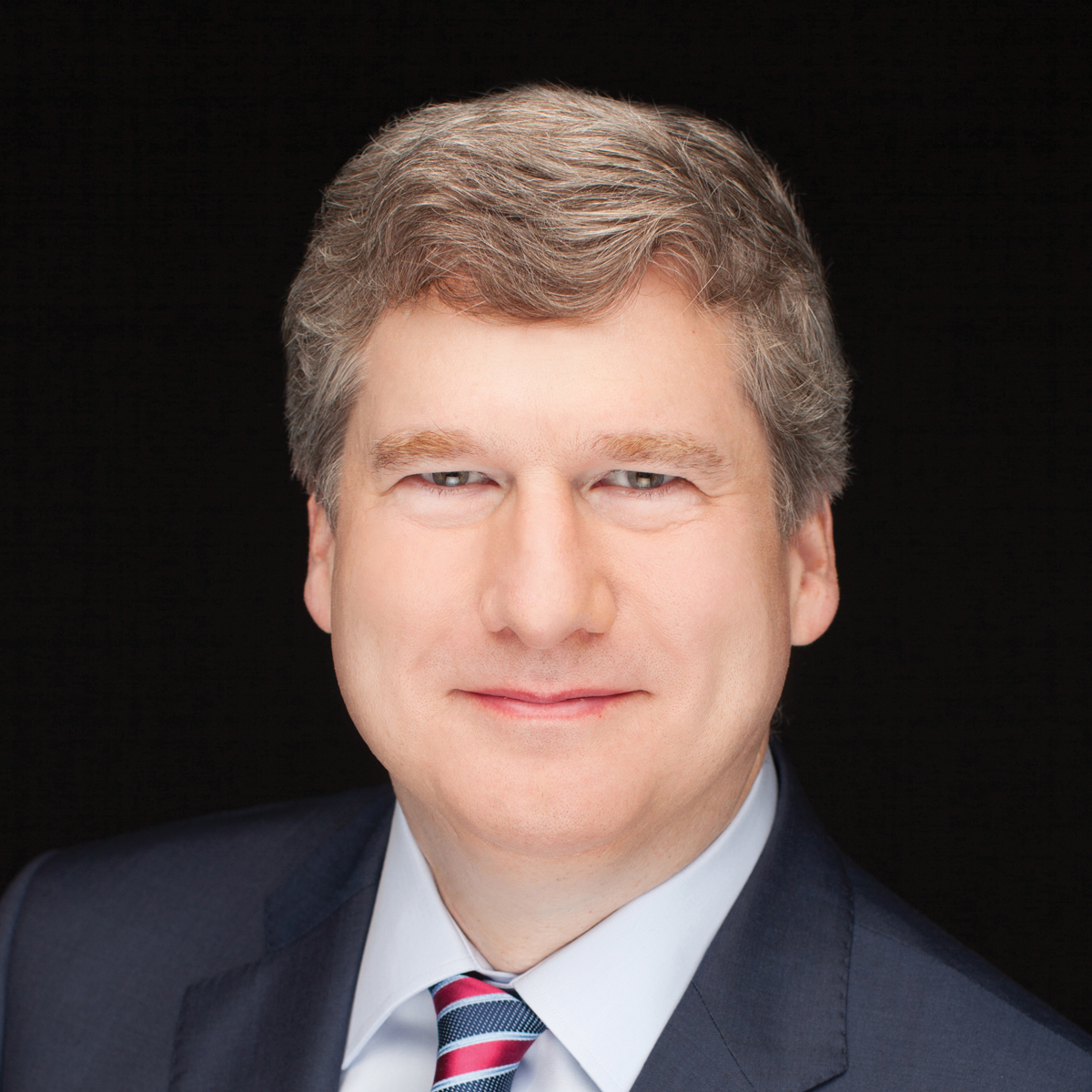
Photograph courtesy of Peter Aman Campaign
Peter Aman
The Buckhead resident helped open Bain and Co.’s Atlanta office and served as the city’s chief operating officer for two years under Mayor Kasim Reed. peteraman.com

Photograph courtesy of Keisha Lance Bottoms Campaign
Keisha Lance Bottoms
Bottoms, a Reed ally, is an Atlanta City Councilwoman and oversaw the Atlanta Fulton County Recreation Authority. keishalancebottoms.com
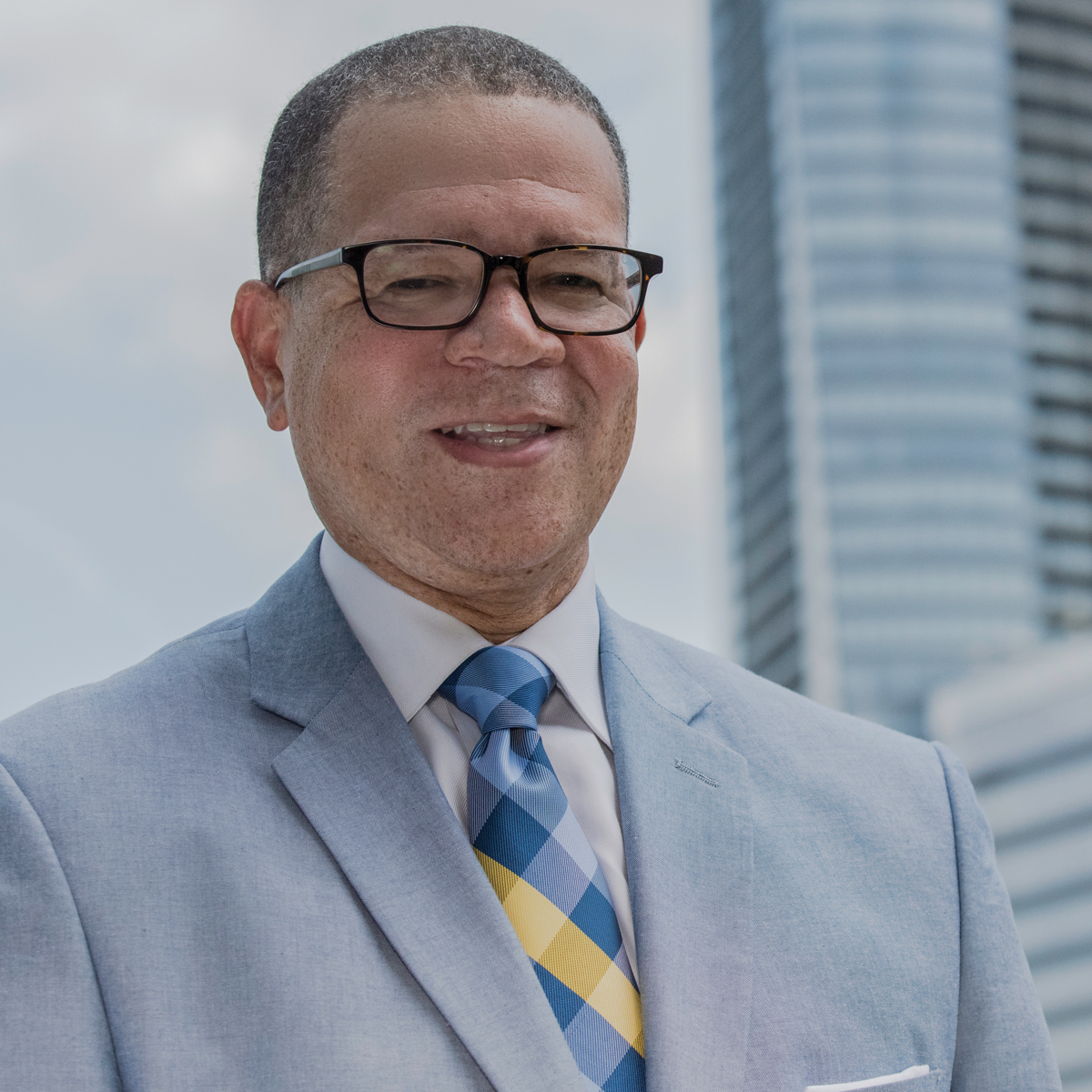
Photograph by Tony Ellis
John Eaves
Eaves resigned after three terms as Fulton County chairman to run for mayor. www.eavesforatlanta.com
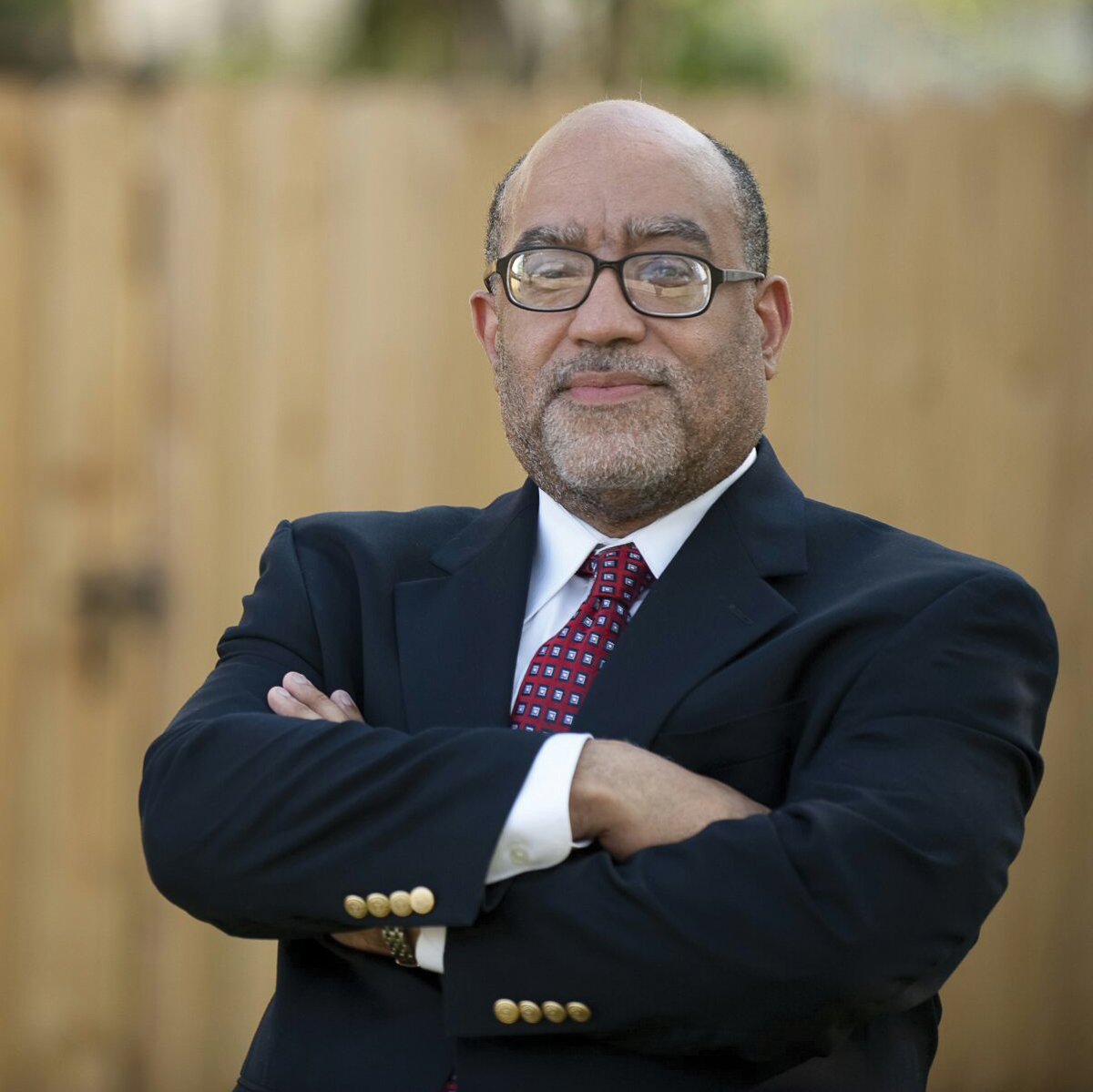
Photograph courtesy of Vincent Fort Campaign
Vincent Fort
The Georgia Senate’s firebrand Democrat since 1997, Fort enjoys support from progressive activists, former Gov. Roy Barnes, and rapper Killer Mike. vincentfort.com
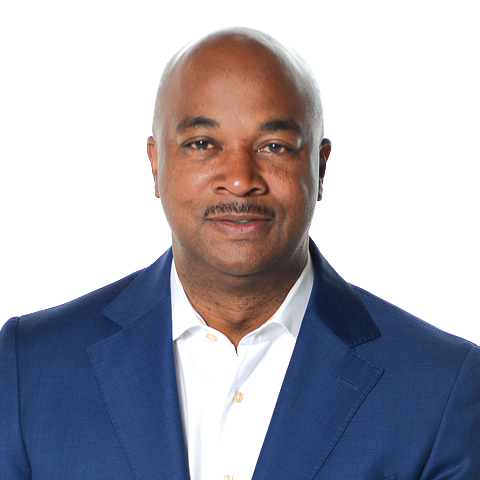
Photograph courtesy of Kwanza Hall Campaign
Kwanza Hall
The councilman is big on bikes and transit and represents Eastside communities that have boomed since the Great Recession. kwanzahall.com
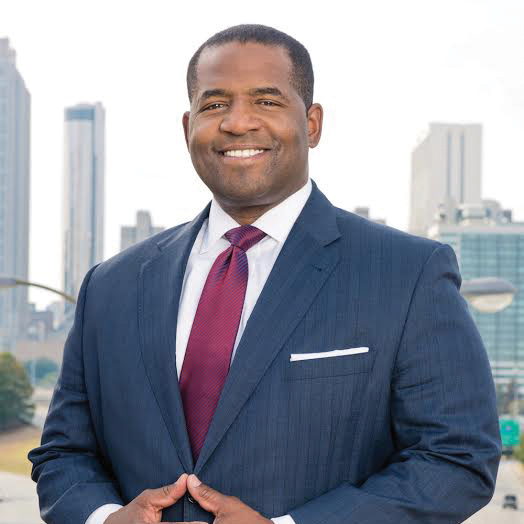
Photograph courtesy of Ceasar Mitchell Campaign
Ceasar Mitchell
The current City Council president and West End resident has high name recognition from past citywide runs. ceasarformayor.com

Photograph courtesy of Michael Sterling Campaign
Michael Sterling
The former prosecutor and Reed policy adviser reformed the city’s jobs-training agency after a corruption and cronyism scandal. michaelforatlanta.com

Photograph courtesy of Cathy Woolard Campaign
Cathy Woolard
The former City Council president and early Atlanta BeltLine booster would be Atlanta’s first openly gay mayor if elected. cathyforatlanta.com
This article originally appeared in our October 2017 issue.














